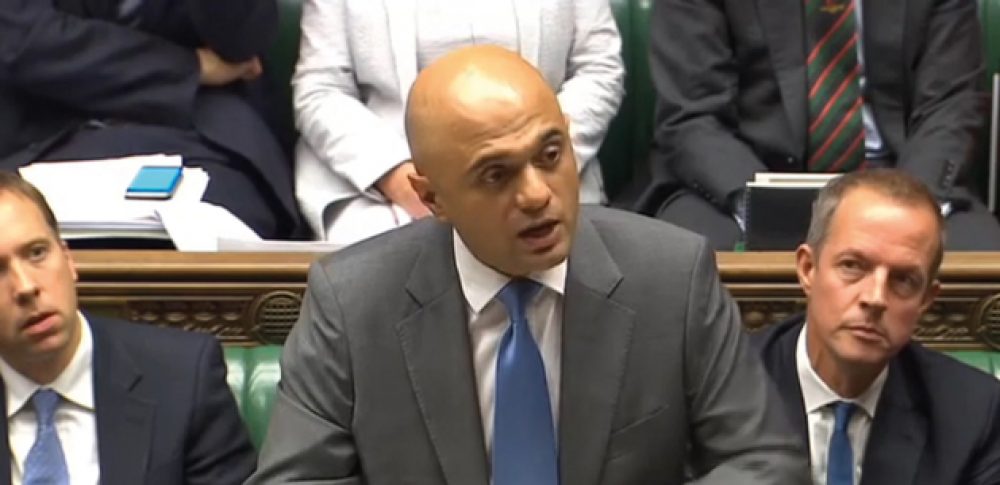Further education colleges offering 14 to 16 provision may have to wait until the trade union bill passes to the House of Lords before learning if tough new strike laws would apply to them.
The bill passed its second reading in the House of Commons on Monday (September 14) evening, in the face of passionate opposition from Labour MPs including new Shadow Business Secretary Angela Eagle, who called it “draconian”.
It states that strikes in “important” areas such as education of school-age pupils, aged five to 16, would need the support of 40 per cent of those eligible to vote.
But FE Week reported in July that the FE sector had been left in limbo, after the Department for Business, Innovation and Skills (BIS) said that it was not yet known if up to 20 colleges which can currently recruit at 14 would be affected.
During Monday’s debate, Business Secretary Sajid Javid said that the government had “consulted on which occupations within those sectors should be subject to the additional 40 per cent support threshold”.
But he did not specify when the government would respond to consultation responses, other than to say that “details of the scope of the 40 per cent threshold” would be published “by the time the bill is in committee in the other place [the House of Lords]”.
A BIS spokesperson subsequently declined again to confirm whether the 40 per cent threshold would apply to colleges offering 14 to 16 provision.
He said that this would be explained in the government’s response to its consultation on what the scope of the 40 per cent threshold should be, but could not give a firm date for when that will be published.
Ms Eagle said during Monday’s debate that “with the number of days lost to strike action down 90%in the past 20 years, there is no need whatsoever to employ the law in this draconian way”.
She also warned that “clause 3 [of the bill] ensures that the 40 per cent level of support restriction will apply to a much bigger list of sectors than the internationally recognised definition of ‘essential services’ and, ominously, allows sectors to be added by secondary legislation that is as yet unpublished.
“From listening to the Secretary of State, it appears that the government does not intend to publish it until the bill is in the Lords [at a still to be confirmed date].”
Under rules set out in the bill, a 50 per cent turnout requirement will be set for all strike action, with a separate requirement that strikes in “important” areas such as education and health have the support of 40 per cent of those eligible to vote.
At the moment, strike action can be called if a simple majority is in favour. It means that no matter how many eligible voters cast ballots, any vote share over 50 per cent in favour will count as support.
Brian Lightman, general secretary of the Association of School and College Leaders said: “We are fearful that the introduction of this legislation will cause resentment when the sector needs support and encouragement.”
Peter Pendle, deputy general secretary of the Association of Teachers and Lecturers (ATL), told FE Week in July that the confusion over whether a number of colleges would be subject to the tougher strike rules was “another case of the government not fully thinking through legislation”.
“It would be plainly ridiculous if in FE colleges and secondary schools with students younger than 17 years old two different sets of rules applied,” he added.
It was reported in FE Week on September 2 that six more general FE colleges had been listed by the Education Funding Agency (EFA) as intending to take on learners from the age of 14.
It brought the total number of colleges “intending to deliver the programme” over the coming academic year to 20, the EFA confirmed.









Your thoughts